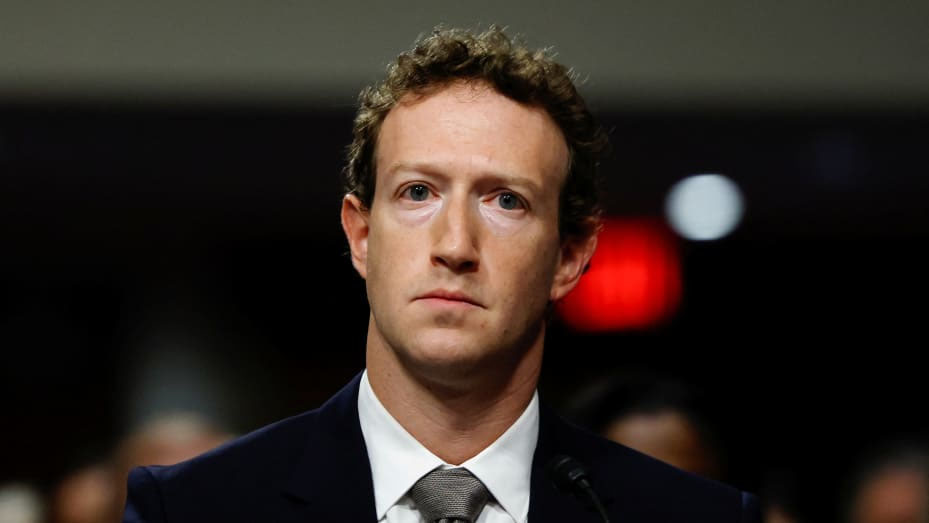
Photo Credit: Getty Images
Meta CEO Mark Zuckerberg recently expressed regret over his company’s decision to bow to pressure from the Biden administration to censor content on Facebook and Instagram during the COVID-19 pandemic. In a letter addressed to Jim Jordan, the chair of the House Judiciary Committee, Zuckerberg revealed that in 2021, senior officials from the White House repeatedly pressured Meta to remove or demote specific content, including satire and humor related to the pandemic.
Zuckerberg stated that although the ultimate decision to censor content rested with Meta, the pressure from the administration was a significant factor. He admitted that with hindsight, some decisions made during that period were not ones Meta would repeat today. “I believe the government pressure was wrong, and I regret that we were not more outspoken about it,” he wrote, signaling Meta’s readiness to resist such pressures in the future.
This admission comes amid ongoing debates over the role of social media platforms in moderating content and their susceptibility to governmental influence. In his letter, Zuckerberg also addressed the controversy surrounding the demotion of the New York Post’s story about Hunter Biden’s laptop before the 2020 election. The FBI had warned of a potential Russian disinformation operation, leading Meta to limit the story’s visibility temporarily. Zuckerberg now acknowledges that the story was not disinformation and that the demotion was a mistake.
Furthermore, Zuckerberg announced that Meta would no longer contribute to election infrastructure funding, a move he said was intended to avoid any appearance of partisanship. His past donations, which totaled $400 million, had drawn criticism and led to accusations that they favored Democratic areas.
Zuckerberg’s reflections have been seen as a significant moment of introspection for the tech giant and a victory for advocates of free speech. The House Judiciary Committee, led by Jordan, celebrated the letter as a win for free speech and election integrity.
These revelations continue to fuel discussions about the complex dynamics between government entities and private social media platforms, particularly regarding content moderation and the safeguarding of public discourse.
















